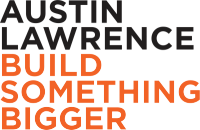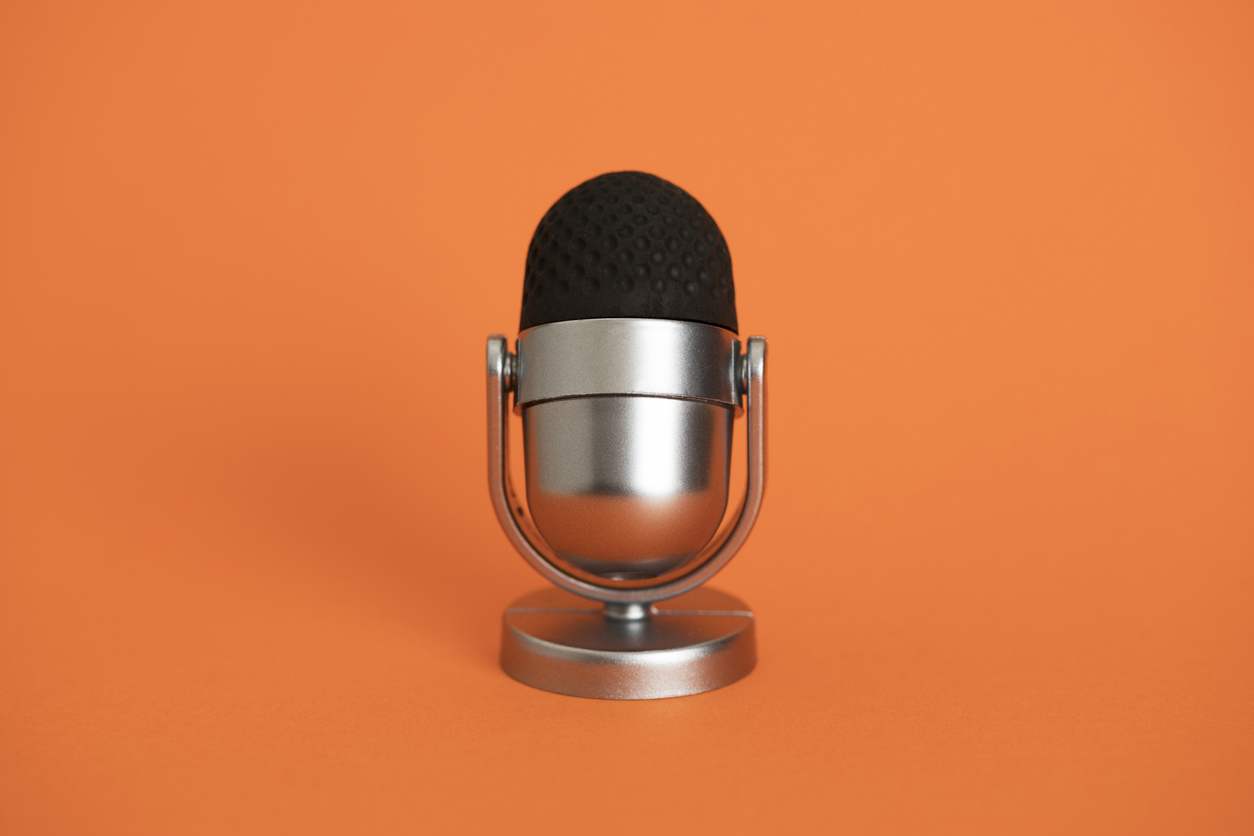If you’re invited to appear on a podcast and you’ve recently been media trained, this one is easy. Just add a couple of podcast-specific techniques to your appearance and you’ll be all set. For the exec who’s not a regular subject of electronic interviews with journalists, there’s a little more to know. Like with all media appearances, your goal beyond doing a great job in this interview is to become more attractive to other podcasters and to have the chance to be asked back. Prepare in advance and you’ll have more fun and be an awesome podcast guest!
Listen to a few recent episodes. Just like a radio or TV interview, it pays to listen to a few episodes of the podcast, so you know how the host handles his or her guests. Doing so will make you feel comfortable with the host’s interview style, and also lets you mimic the tactics of better guests on the podcast. Things to listen for are the introductions (how the host asks you to introduce yourself) and how he/she sets up the topics. Does the host interrupt or let guests go on? How do the better guests sign off?
Prepare your talking points in advance. You don’t want to sound scripted, but you need to know what you’re going to talk about. You’re most likely representing your company or brand with a specific outcome in mind, so make sure you cover the points likely to generate the response you’d like to see.
Offer to supply questions to the host. Related to the above. Many hosts don’t know the subject matter as well as you will, and they’ll appreciate some preparation (unless it’s a proper media interview on a podcast). A professional podcast host is likely to ask for your questions in advance to help shape the interview, so you might as well write them up.
Test your rig. You want to make sure you sound great on audio, so you’re a standout guest. If you don’t do a lot of video meetings on Zoom or GoToMeeting, you may find that you don’t have the right kind of setup to sound good. It might be time to invest in a good microphone. I use an Apogee MiC that’s about $170 on Amazon. I find it makes all my laptop-based conference calls sound great, so it’s not just an investment in the podcast interview (though that might be a good reason all by itself). It’s really important to sound good on a podcast so don’t skimp on nor skip this important step.
Set yourself up for success. Ensure you have a quiet place from which to do the interview. Nothing is worse for the host or you as guest than having your perfect riff ruined by noise that comes in from outside your office. If your workplace isn’t quiet, do the interview from home or another place where you can be certain to be uninterrupted by outside noises. Likewise, if you are (like most people) doing this interview from a laptop, make sure your Internet is rock solid. The best connections are wired (ethernet) but if you are on WiFi be sure you have a great signal.
Don’t step on your host. Podcast interviews are different than those where a journalist will write up a story. Your host needs “dead air” time between his/her question and your answer to assist with any editing that may be required. It also just sounds better to the listener (you can come off rude if you step on the host’s audio).
It’s OK to ask to start over. Since this isn’t a live broadcast, if you make a mistake or miss a key point it’s fine to ask to do a second take. Just don’t be a diva about it. You don’t have to be perfect for the listener to have a great experience. And don’t be surprised if the host asks to re-record a segment, either, as there may be something he or she wants to emphasize a little differently or if there’s a technical glitch.
Drink water before and during the interview. Like any speaking gig, your voice will sound a lot better if you avoid coffee and dairy for about an hour before the interview. Make sure you are well hydrated so your mouth is quiet (cottonmouth is very noisy).
Treat it like a conversation. If you get hung up on delivering sound bites you’re going to sound like a machine. The podcast format is a little less formal than TV or radio. You’re likely being listened to via headphones, so you are literally in your listeners’ heads. A relaxed tone in your voice will make listeners want to go with you the whole distance of the podcast. So you’re not too relaxed you might want to consider recording your interview standing up.
Record your side of the audio. There are times when a podcast host has technical issues and a recording can be lost. I recently listened to an episode of The Brutal Truth About Sales & Selling where the guest’s audio dipped for about a minute. The host, Brian Burns, who is an awesome on social media, had no choice but to ask his listeners to bear with him as he waited for the guest’s audio to come back up. If you can record from a separate microphone and recorder, you’ll have a fail-safe backup. Hat-tip to David C. Baker for this idea.
Learn more about the medium. A great next step might be to read David Baker’s post on “How to Launch Your Career as a Podcast Guest,” as well as listen to some of the better podcasts out there. In particular for SaaS execs, I recommend “Masters of Scale,” hosted by Reid Hoffman, the founder of LinkedIn. This guy is not only a brilliant businessman but could have been a journalist if that’s what he wanted to be. You might also check out the B2B Growth podcast, where I was a guest recently.
Being a podcast guest is a great way to get your thought leadership out in another medium and to an enthusiastic audience. Want to talk about how better telling your story could change the outcome at your company? Book a meeting with me for free 30-minute consultation.






